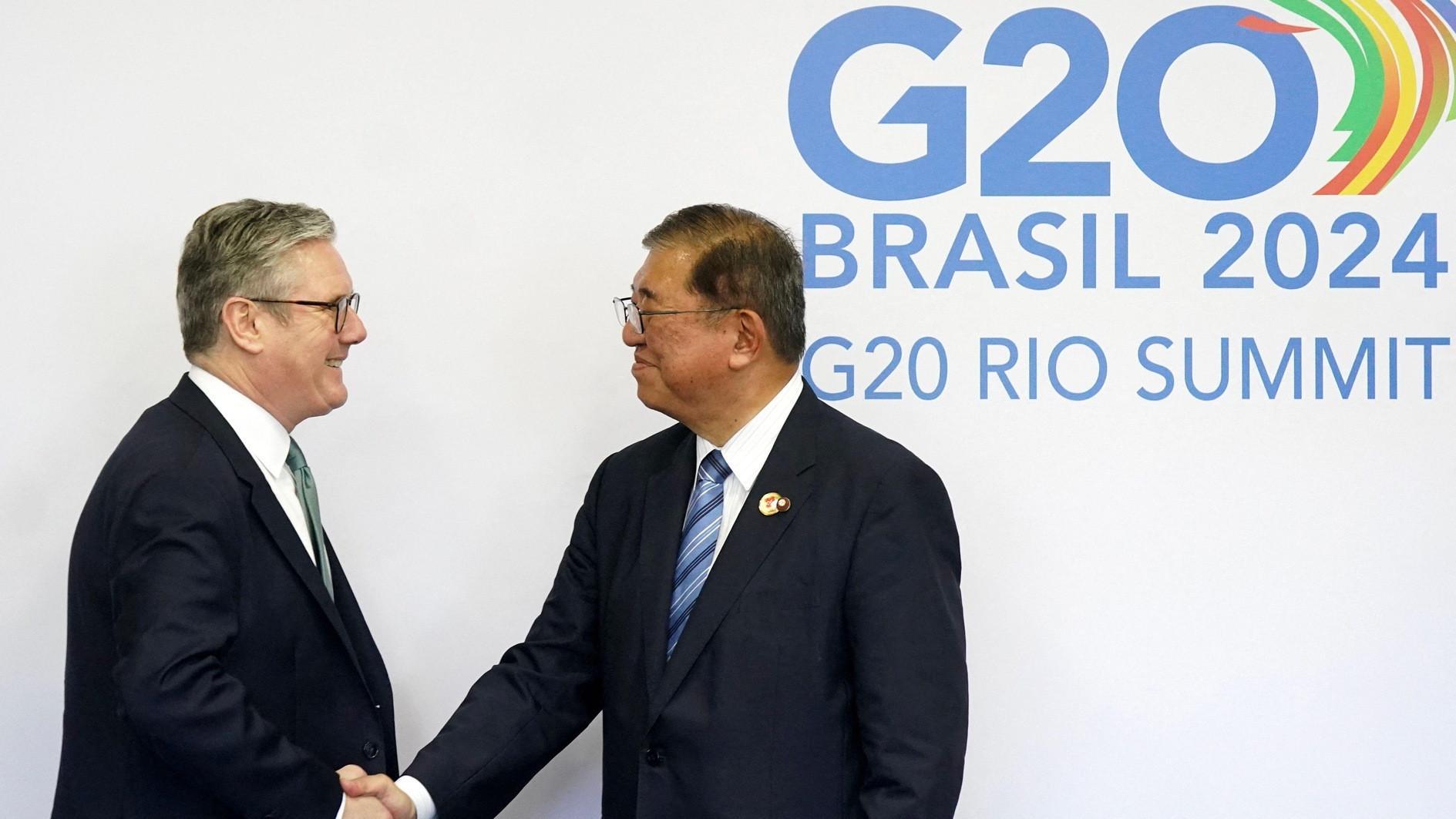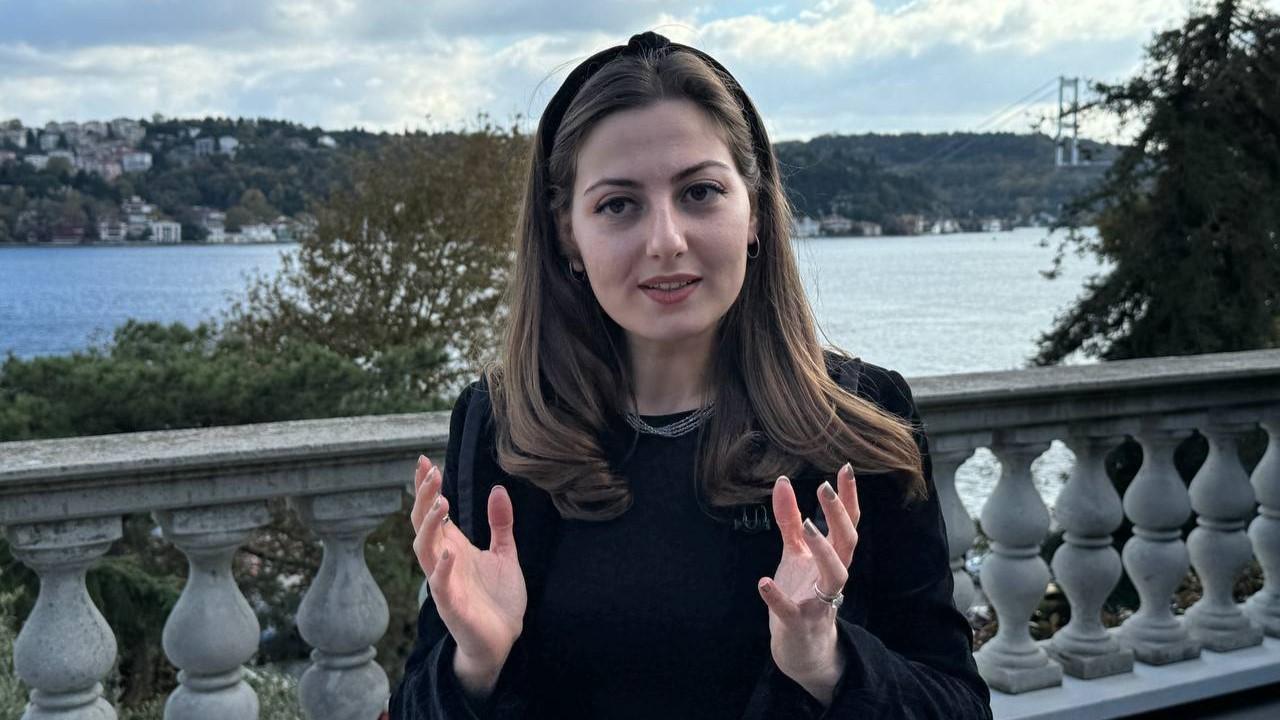Where did all the money from the EU to Turkey go?
A recent article in the Brussels-based online newspaper EUobserver reads almost like a joke, except that there is not much to joke about in this instance. According an unnamed spokesperson for the European Commission, the EU has extended nearly one billion euros in funds to Turkey since 2007 in order “to support the rule of law, civil society, fundamental rights, democracy and governance.”
The latest tranche was reportedly paid to Ankara as late as this April. According to the Commission official, more funds will be released later this year, despite “the prevailing circumstances,” because Turkey’s bid for EU membership is technically speaking still continuing, although this has made no headway in recent years.
The spokesperson for the Commission is also quoted saying they are closely reviewing ongoing and future financial assistance for Turkey “to make sure it is fully in line with our interests and values.”
This somewhat inane remark is worth dwelling on for a moment, since “interests” and “values” rarely overlap in international affairs. Looking at the overall picture, one has to be blind not to see that Turkey under its present leadership has been making a mockery of EU values (which fully-fledged EU member states such as Hungary and Poland are also doing, of course).
Former Belgian Prime Minister Guy Verhofstadt, who currently leads the liberal political group in the European Parliament, put the matter in perspective recently during an address to the parliament in Strasbourg.
“[President Recep Tayyip Erdogan] can do what he wants. We don’t take any action towards Turkey, not even suspending accession talks,” Verhofstadt complained.
As the EUobserver article points out, there have been over 50,000 arrests, 100,000 detentions, 138,000 sackings, and close to 2,100 schools shut down in Turkey over the past year alone. Some 234 journalists have been arrested, over 4,400 judges and prosecutors have been dismissed, and around 8,270 academics have been fired.
Meanwhile, democracy has been undermined with the concentration of all powers in the hands of an executive president who is not hindered by any system of checks and balances, with a coopted judiciary and an all-but-silenced independent media.
One cannot help but wonder where all the money sent by the EU (and which was clearly received warmly by Turkey) went, given the dire picture in Turkey today regarding “the rule of law, civil society, fundamental rights, democracy and governance.”
With a Kafkaesque turning of the tables, one might even argue cynically that since 2007 - and particularly over the past five years - the EU has been funding the undermining of Turkey’s democracy, rather than its advancement, and that it intends to continue doing so.
The reasons why it is behaving this way are not hard to fathom. Given Turkey’s continuing strategic importance - politically, militarily and economically - the EU simply cannot afford to undermine its ties with Ankara by taking drastic action.
It is clearly refraining from doing this given the state of flux the EU itself is in, and the uncertainties prevailing in the Middle East, against which Turkey remains a buffer for Europe.
So while the official EU narrative is that it continues to be a “community of values,” its actions belie this, showing instead that is interests that really govern the EU.
One need not look hard to see who this benefits in Turkey, and why reports like the one about the EU spending nearly a billion euros to advance democracy in the country look like little more than a joke in the face of actual developments.
Since the EU is keen to keep close tabs on the money it doles out, perhaps it can explain where billion euros it sent to bolster Turkish democracy went. Perhaps it can explain why this money apparently failed to have the slightest effect on efforts to prevent the deterioration of democracy in this country.











